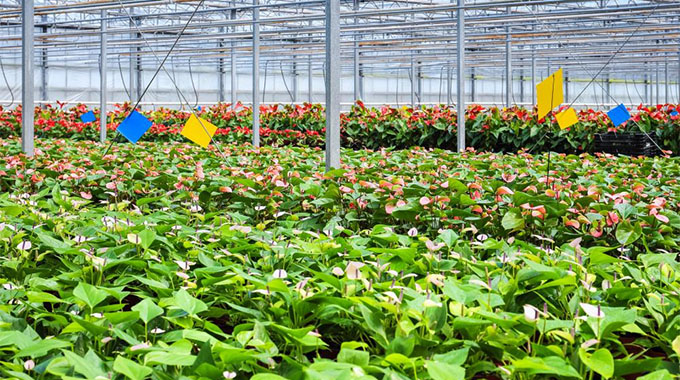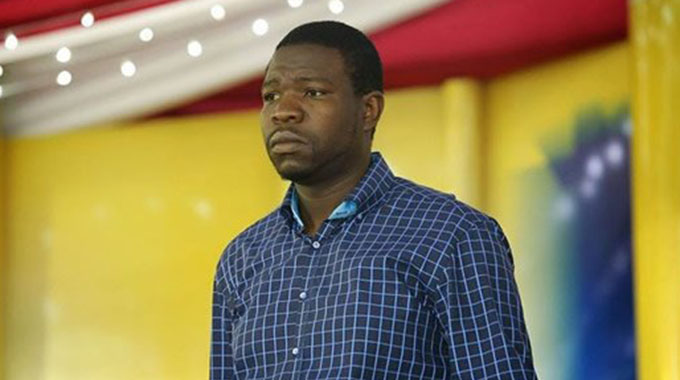Soaring freight charges, firming US dollar suffocate horticulture exports

Edgar Vhera Agriculture Specialist Writer
SOARING freight charges on the backdrop of a firming US dollar have triggered the slump in Zimbabwe’s horticulture exports that has characterised the first half of the year.
Horticulture Development Council (HDC) chairman Mr Stanley Heri yesterday said the decline in horticulture export earnings was due to the combined effort of the two factors.
“The viability of horticulture field crops is under threat from the twin evil of a strong US dollar currency and high air freight rates for shipment of produce to the market. The US dollar’s strength coupled with weakening pound and Euro is affecting local horticulture exporters in that all our costs of production are priced in the stronger US dollar currency while our returns are coming in Euro or pound. This has caused a significant decline in the profit margin,” said Mr Heri.
The advent of Covid-19 caused a decline in airlines plying the local routes. The few remaining airlines then hiked their rates, as there was diminished competition and these have remained on their elevated mark.
“If this negative situation continues to subsist, many fresh produce exporters will be forced to scale down operations or abandon the export business altogether. Though we are trying to move away from air to sea freight, the need for our products to quickly reach the market to take advantage of high price constrains us. I am thinking of moving away and/or scaling down operations next year if the horticulture sector is not incentivised,” added Mr Heri.

Citrus Growers Association of Zimbabwe chairman Mr John Perrott said he was not aware of the figures, hence could only comment when official statistics are availed to him.
Efforts to get HDC chief executive officer Ms Linda Nielsen’s comments on the matter were fruitless, as she still had not said anything by the time of going to press.
Finance and Economic Development Minister Professor Mthuli Ncube said horticulture, macadamia and citrus exports from the country had declined in the first half of this year compared to the same period last year when he presented the 2023 budget recently.
At its inaugural horticulture investment forum in November last year, the HDC cited the 40 percent (now 25 percent) surrender requirement of export proceeds to the Central Bank at the official rate, the accelerated demand for payment of goods and services locally in foreign currency, 20 percent domestic nostro liquidation, freight charges, two percent IMTT, high fuel costs, poor infrastructure, congested South African ports, shortage of cold storage facilities, insufficient collateral and easy of doing business as some of the factors hampering growth of the sector.
The Government this year took heed of the sector’s requirements and launched the US$30 million horticulture export revolving fund (HERF), as a means to close the funding gap and spearhead increased productivity as well as finance bankable projects with a bias towards value addition.
The growth of the horticulture sector will allow the country to increase foreign currency earnings, employment and economic development.










Comments